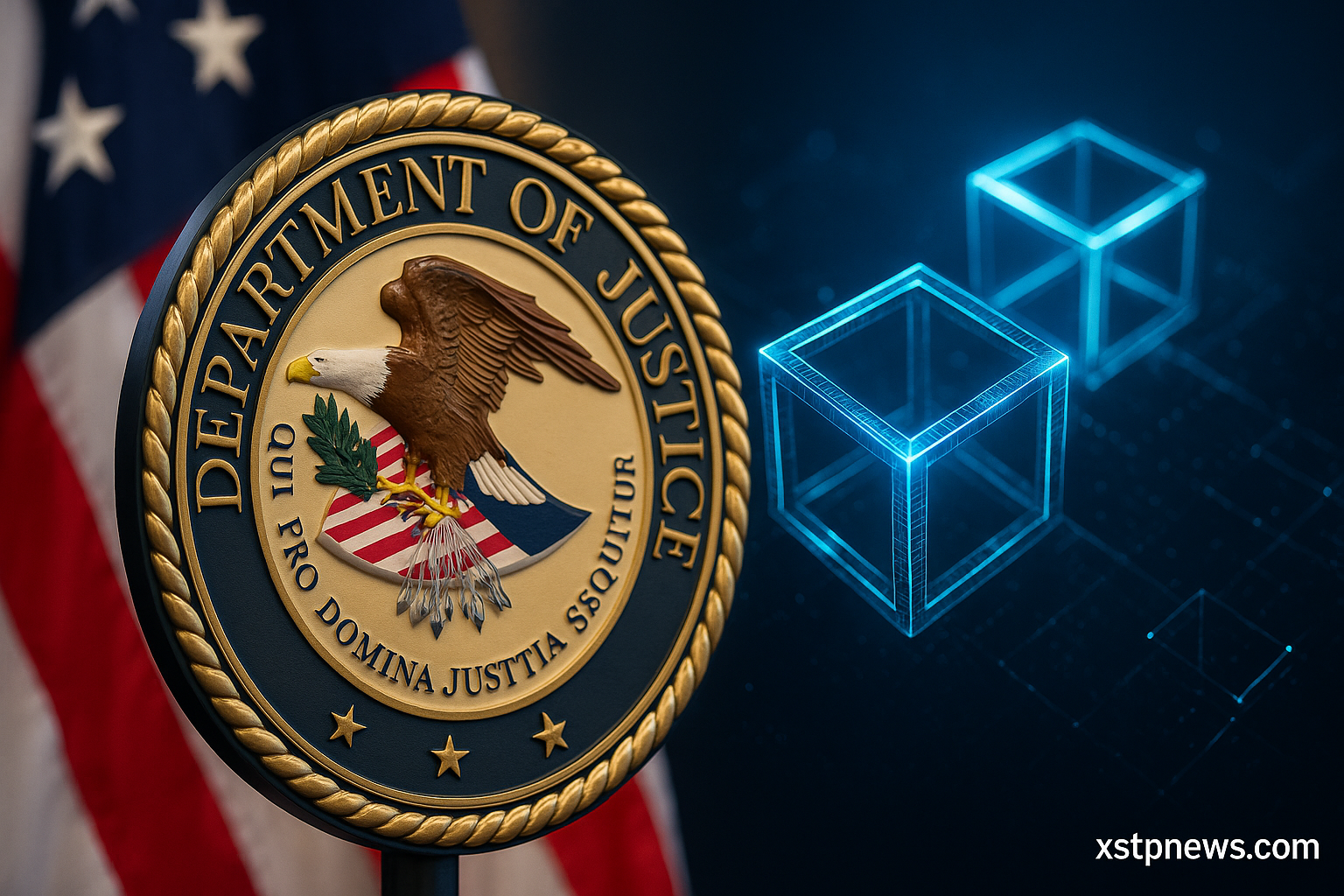The U.S. Department of Justice (DOJ) has announced that it will not pursue criminal charges against developers who create decentralized crypto platforms as long as there is no evidence of criminal intent.
The policy shift, unveiled by Acting Attorney General Matthew Galeotti, clarifies that writing code alone is not a crime. The DOJ stressed that its focus will remain on prosecuting illicit activities such as money laundering, fraud, and terrorism financing, rather than targeting open-source developers who build blockchain protocols.
A significant policy shift
For years, the DOJ had pursued money-transmitter cases against crypto developers, creating uncertainty across the industry. The most notable example was the case against Tornado Cash, where a co-founder was convicted for running an unlicensed money transmission business. The controversy sparked widespread debate on whether coders could be held responsible for how their software was used.
With this new directive, the DOJ signaled a retreat from regulation-by-enforcement, a move welcomed by the crypto community. The National Cryptocurrency Enforcement Team (NCET), a unit created to focus on crypto-related crimes during the Biden administration, has also been officially disbanded.
What it means for the industry
The announcement is expected to boost confidence among developers and investors. By limiting prosecutions to cases of intentional misconduct, the DOJ is seen as providing a safer environment for innovation in the U.S. crypto sector.
Market analysts believe this shift could encourage more projects to launch domestically, reducing the flight of talent and capital to overseas jurisdictions with friendlier regulations.
Source: Reuters – U.S. DOJ to back off money transmitter cases in shift backed by crypto







